
Emuna and My Fellow Jew
How can a person say Kol Dichfin on the Seder night if he isn't sincerely willing to let anyone walk in to his home and sit down at his table?

Translated by Rabbi Lazer Brody
The quality of one’s life depends on the spiritual nutrition that he provides for his soul. The input determines the output; in other words, one’s thoughts and desires are the result of how he feeds his soul. One’s spiritual nutrition also strongly influences the quality of his children, his livelihood, his marriage, and both his physical and emotional health. Therefore, he should drink the “healthy water” of Torah and avoid ingesting the “harmful water” of those factors that contaminate his soul. Eating and drinking healthy substances are important to the body’s proper functioning; the same goes for the soul. It too must be given proper and wholesome spiritual nutrition.
We must steer clear of anything that is detrimental to our emuna. Protecting our emuna is like traversing a jungle; we must avoid the entrapment of all types of fallacies that people believe in just like we must avoid quicksand, poisonous plants and venomous snakes. The more a person subjects himself to false beliefs, the more his emuna is weakened and the more his emotional well-being is threatened. That’s why we must be careful about what we see, what we read, and who we listen to.
Rebbe Nachman of Breslev says there are people who aren’t interested in such holy writings as the Zohar and the Ariza’l, which strengthen simple emuna. Rather, they seek philosophical and secular works that question the very existence of the Divine, heaven forbid. This is because they were born with a bad nature that cannot stand holiness.
Even if a person was born with a bad nature, he still has the free choice to chooses between healthy waters and harmful waters, even though learning Torah is a difficult test for him, since by nature, he seeks secular disciplines and he feels that he must investigate everything. If he wants to, he can exert some extra effort and engulf himself in emuna books, those healthy waters that quench the soul’s thirst and contribute to developing a refined and upright character. A person must be honest with himself and decide what he really wants – humility and holiness with proximity to Hashem, or self-aggrandizement and pursuit of his own egotistical and bodily desires. That’s why Hashem wants us to learn to differentiate between what’s good for the soul and what’s harmful for it.
When we examine what the Torah says about the second day of creation, we don’t find the expression, “and it was good” like on the other days. Why? The prophet Isaiah says that Purgatory was created on the second day (see Isaiah 30:33). Since our sages say that anyone who creates dissension in the world falls into Purgatory, and dissension causes destruction which is the opposite of creation, then the second day doesn’t receive the title “and it was good”.
The second day is the root of dissension in the world. Dissension begins as soon as there is more than one. As such, anyone with unblemished emuna who is truly connected to The Creator, Who is One, or to absolute truth, which is also one, raises himself above dissension. But as soon as a person has multiple connections and multiple truths, he will surely encounter discord and dissension. Worst of all, dissension destroys emuna.
Why hate another Jew because he did something wrong to you? Why be angry at your spouse? Do they run the world? Of course not – Hashem does! With emuna, a person can love everyone; without emuna, he can’t love his fellow Jew and he can’t love Hashem or the Torah either. Here’s why:
The Zohar teaches us that Hashem, the Jewish People and Torah are one. Therefore, if one loves Hashem, he must necessarily love Torah and his fellow Jew, for they are one inseparable entity. If he loves Torah, then he should have no hate or jealousy in his heart. And if he loves his fellow Jew, he should love Hashem and Torah as a natural consequence.
Each of the three aspects bears testimony to a person’s spiritual standing. One who dislikes other Jews should therefore not fool himself into thinking that he loves Hashem and Torah, for they are parts of the same integral whole that he takes exception to. One should therefore pray that Hashem should have compassion on him and help him to love every single Jew. One should rejoice in the success of every other Jew, for his success is Hashem’s success.
Rebbe Nachman of Breslev says that one can enhance his Torah-learning prowess by loving every other Jew. Since there are 600,000 letters in the Torah that correspond with the 600,000 different types of souls, if a person says something derogatory about another Jew, it’s as if he’s culling a letter of the Torah. And, if the Torah has one letter that’s missing, mistaken, or not written properly, the entire Torah is rendered unfit. So for a person to maintain a “kosher” Torah scroll – in other words, for his own learning to be worthwhile – he must strive for the quality of Ahavat Yisrael and love every single Jew (see Sichot Haran, 91).
King David says, “The Torah of Hashem is flawless; it restores the soul (Psalm 19:8). This teaches us that the Torah has the power to restore the soul only when it’s flawless. But, if a person finds fault in other Jews, then his personal Torah is flawed, and it won’t have the power to restore his soil. On practical terms, this means that for one to feel satisfaction and sweetness in his Torah learning, he must learn from a “flawless Torah;” in other words, he must love every other Jew. When one loves every Jew, he’ll be able to say wholeheartedly kol dichfin this Pesach – anyone who needs a place to eat on Passover is invited to my Seder table. With Ahavat Yisrael and the love for every single Jew, we’ll all have the best Passover of our lives, amen!


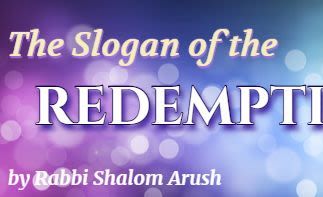
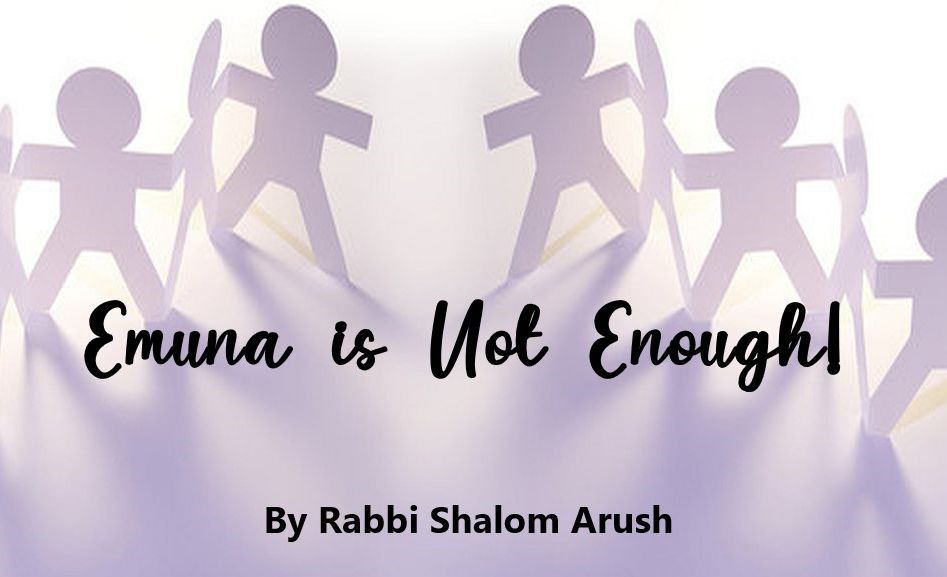


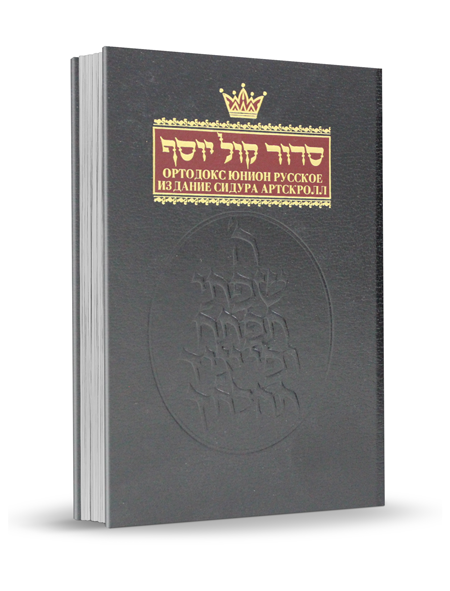
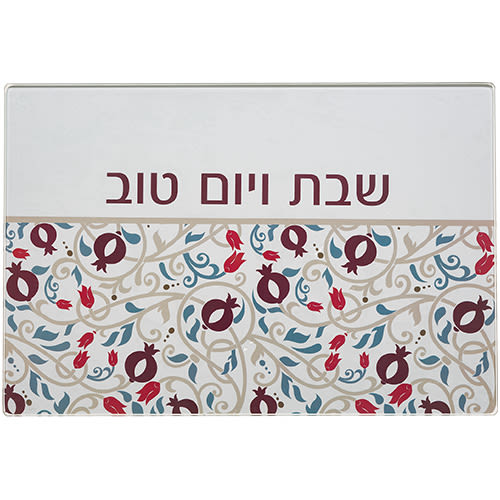
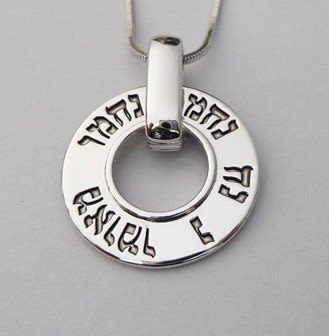
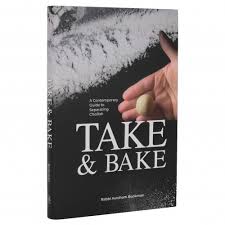

Tell us what you think!
Thank you for your comment!
It will be published after approval by the Editor.